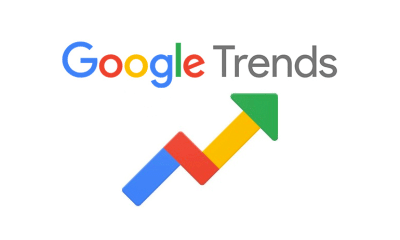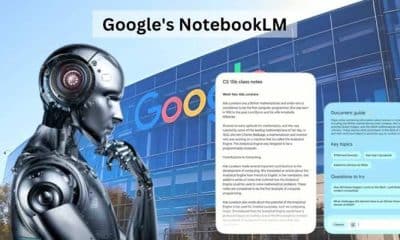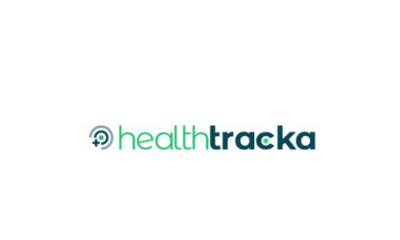Technology
Google To Start Testing Robots That Links And Interacts With Humans
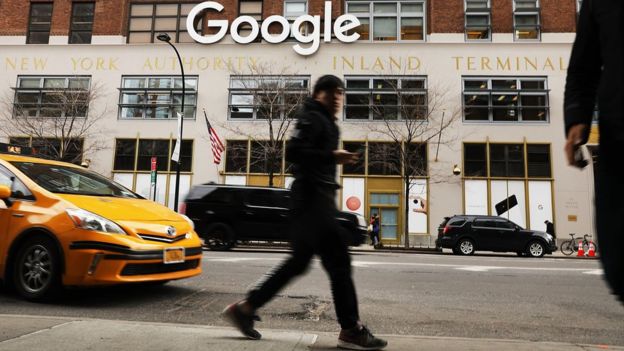
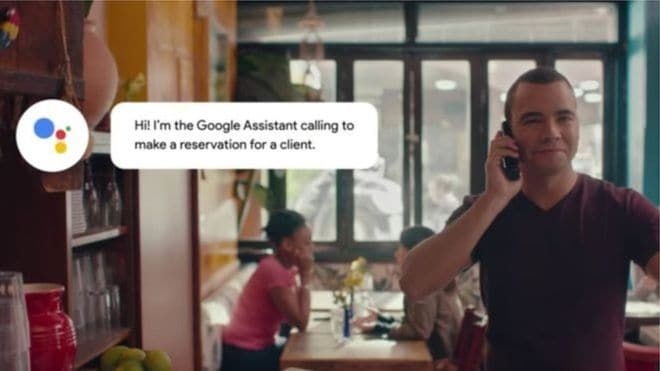
Robot making calls and agenda appointments ready first public test
Google’s robotic call service , which can talk to humans to make a reservation or make an appointment, is ready to make its first public small-scale test.
Some companies will receive system calls in the coming weeks, developers announced. Google, however, does not reveal how many “guinea pigs” would be involved in this test.
Introduced for the first time in May, Duplex has become one of the most anticipated new features of the year.
During the presentation event, the robot called a restaurant talking like a human and managed to book a table.
What startled people was that the voice was incredibly realistic.
In fact, the recipient of the call may have no idea that he is talking to a robot – which, in essence, is the idea of the project. But this has raised a huge debate about the mistakes and correctness of such a situation.
There was also a skepticism about the demonstration itself. Two recordings were presented and both worked very well. But how many attempts were needed to reach these perfect examples? How to know that this would really work in real life? ‘
On Tuesday, at a restaurant in Mountain View, the city of Silicon Valley that surrounds the campus of Google, I heard the Duplex in live action for the first time.
Human assistant
Oren Dobronsky, owner of the restaurant, answers the phone and we listen.
“Hi – I’m calling to make a reservation,” says the female voice that begins the dialogue. “I’m Google’s automated reservation service, so I’m going to record this call.”
And so, in a short time, the reservation is completed. Five people, 8 pm, under the name of Valerie.
“You do not realize you’re talking to a robot,” Dobronsky says later.
Immediately, it is noticeable that Duplex now identifies itself explicitly as an automated system and says it will record the call – an adaptation to avoid violating California laws on telephone call monitoring.
The call recipient has the option to say “I do not want to be recorded” – or other words with this effect – and the system will be disabled.

If the person receiving the call refuses to chat with the Google system, a human attendant will complete the operation
In addition to intervening when someone does not want to be recorded, a human operator will also interrupt the call if the automatic voice becomes confused. At the moment, this occurs in about one in five calls, says Google – a level of intervention that, on a large scale, would require a very large volume of resources.
Artificial Intelligence (AI) will need to improve if it’s something deployed to Google users in the United States and eventually in other countries.
The journalists had the chance to test a connection with the Duplex. Of course, we all made an effort to bring it down.
Seung Lee, of the San Jose Mercury News , confirmed a reservation but then said he made a mistake and that there was no table available. This knocked over Duplex and the human operator took control to finish the job.
In my turn, when the Duplex asked to make a reservation for a party of three, I said that reservations were only allowed for four or more people.
Without missing a beat, the voice answered, “Oh, okay, cool. In that case, what’s the wait time?”
Unfortunately, Google did not allow the BBC to record any of the calls. The company had promised it would record the calls and provide the audio so it could be broadcast, but within hours of the event a spokesman said that would not happen.
Instead, it was suggested that we display Google’s promotional video to show the “full context.” With trust and transparency being the two major obstacles to widespread adoption and acceptance of AI, this over-control approach is undoubtedly very short-sighted.
Interesting tricks
The use of this type of technology is often controversial, for several reasons.
First, we are afraid to dive into a robotic world, in which machines would soon outweigh our intelligence.
Secondly, we ask ourselves: Do we want to live in a world where people do not even make a two-minute phone call to schedule a haircut?

Google believes that there are several use cases that justify the existence of Duplex, such as accessibility restrictions
Google believes that there are several situations that justify the existence of Duplex.
The company points out that not all people can make phone calls for accessibility reasons. Google also points to the possibility of using the Duplex to reserve a table in a restaurant even if you do not speak the local language.
But let’s be realistic. What this technology really offers is another way for Google to automate the collection of useful data that is not captured by existing methods.
In the public test announced on Tuesday, the “small selection” of users could use the Duplex to simplify the task of finding out if a restaurant is open or not during weekends or holidays.
Google’s data set is currently patchy – Maps will show a message telling users that they may not have the correct information. When someone requests a Duplex call to find out, any response the system receives from the human will be placed instantly in the Google database, visible to everyone.
Google sees this as a win-win situation. He gets up-to-date information – without any work or expense on his part – and the restaurant, in theory, only gets a call asking “will you open tomorrow?”.

